“Ensuring the elements of effective teaching are present – for
example clear explanations, scaffolding and feedback – is more
important than how or when they are provided.” Education Endowment Foundation (2020)
A good lesson is a good lesson, regardless of curricular area. HGIOS (4th edition) makes clear that high engaging learning, quality teaching and effective assessment, will improve educational outcomes for all learners.

As with any other area of the curriculum, in CRIS learning the context should be meaningful and relevant to the leaders – for many children and young people the internet and web are routine aspects of their lives already. Therefore, learners should be given the opportunity to share what they already know about the internet and web and the educators can use effective questioning and engaging activities to spark the learners curiosity about CRIS even further.
As educators we may need to develop our own knowledge and understanding of CRIS in order to support and challenge our learners’ thinking, and to make the contexts relevant and meaningful.
Finally, assessing the learners’ progress is vital to identify next steps and improve their educational outcomes. There is certainly scope to use formative assessment as learners learn, summative quizzes to check their knowledge and understanding recall but also to assess their ability to apply their learning in new contexts, such as with new apps, devices or curricular areas.
This lessons explains what the internet and world wide web are, with opportunities for learners to engager with research, share opinions and apply their learning.









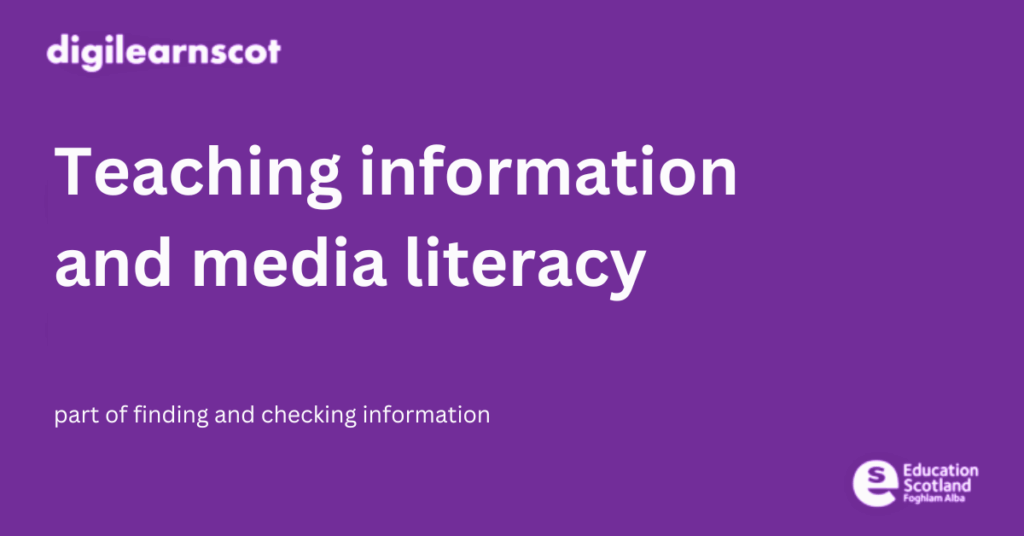
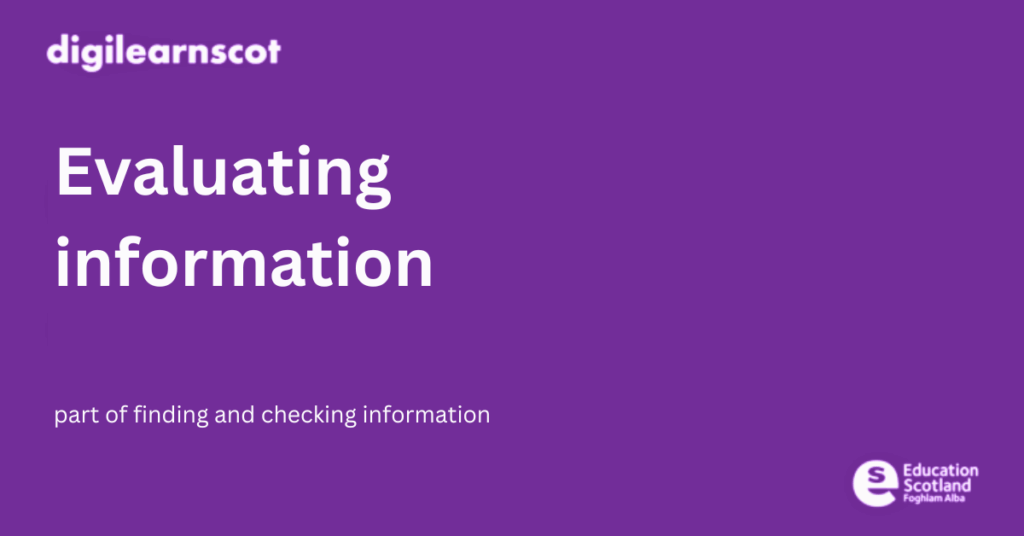





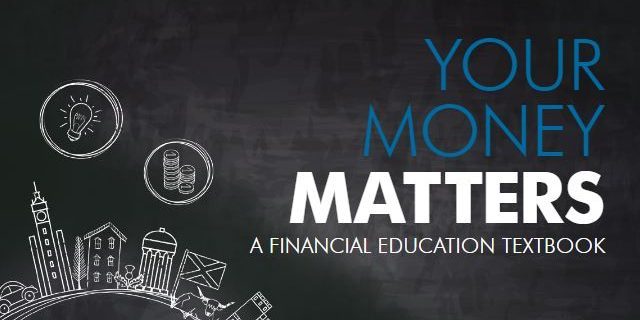
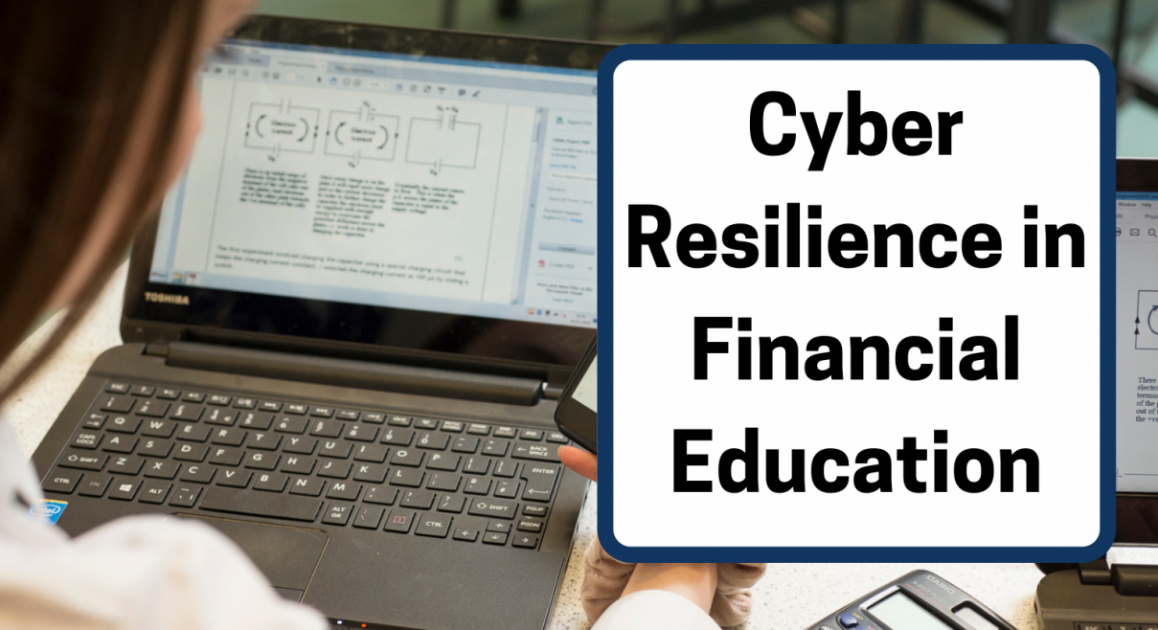
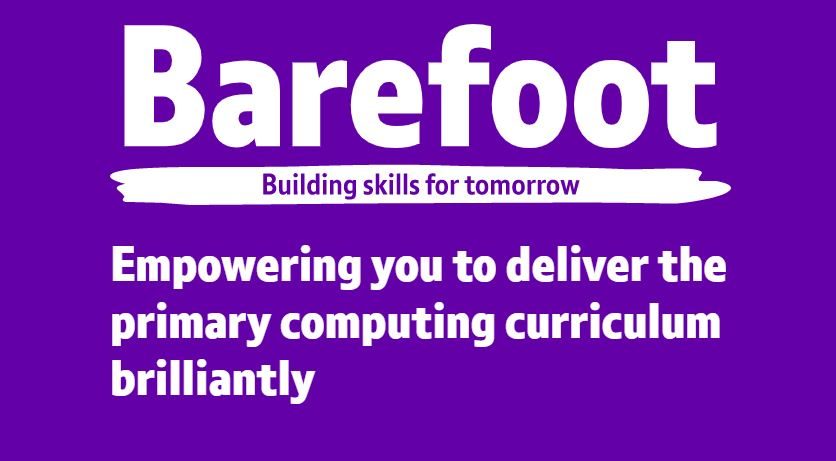

You must be logged in to post a comment.